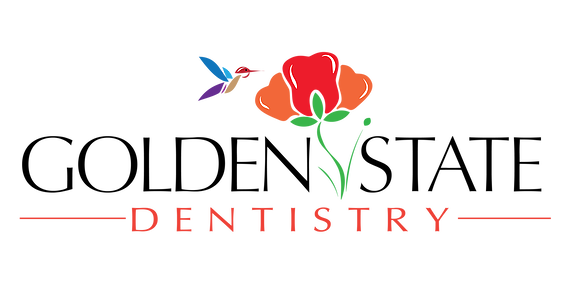
If you brush your teeth every day for two minutes at a time, floss at least once a day, and get regular dental check-ups, mouthwash is not necessary. However, mouthwash does provide additional health benefits because of its ability to reach in hard-to-reach places that a toothbrush can't reach.
Benefits of Mouthwash
When using mouthwash alongside brushing and flossing, it can:
- reduce bad breath
- prevent cavities and gum disease
- provide relief for dry mouth or pain caused by mouth sores
Furthermore, if there are days you fall asleep without brushing your teeth or forget to floss, using mouthwash can benefit your oral health routine as well. An antibacterial mouthwash (such as one containing fluoride) will kill the bacteria in your mouth to prevent it from damaging your teeth and gums.
Mouthwash Does Not Replace Brushing and Flossing
However, mouthwash does not replace regular brushing and flossing. Millions of bacteria collect on your teeth in the form of plaque throughout the day. Although antibacterial mouthwash can help kill some bacteria, mouthwash is only effective on the surface of your teeth and does not penetrate the plaque. If you are not flossing and brushing your teeth, the plaque will eventually erode your enamel, cause cavities to form, and lead to gum disease.
Mouthwash Purchasing Tips
1. When purchasing over-the-counter mouthwash, make sure it has the ADA Seal of Acceptance on it, which indicates that the product is safe and effective for purpose intended.
2. Look at ingredients when making a purchase, to determine which mouthwash is right for you. For example, if you suffer from dry mouth, do not purchase mouthwash containing alcohol, which can dry out your mouth even more.
3. Mouthwash is not intended for children under 6 years of age because of the risk of them swallowing the mouthwash. This can result in nausea, vomiting, and intoxication (if alcohol is present).

.jpg?width=712&name=GSD-Scalloped-Tongue-Causes-and-Treatment-Blog-01.27.2210.21.21%20(1).jpg)











.jpeg?width=425&name=GSD-How-to-Combat-Dental-Plaque-07.22.24-2%20(1).jpeg)



